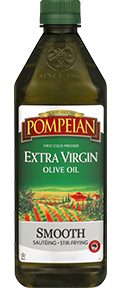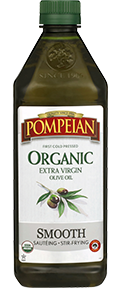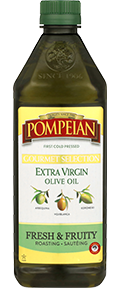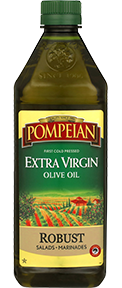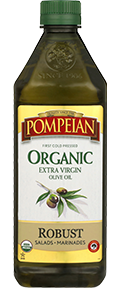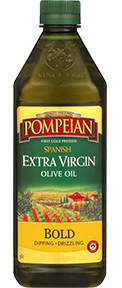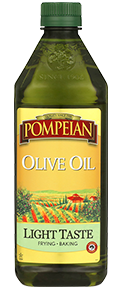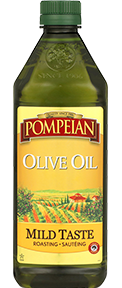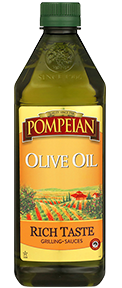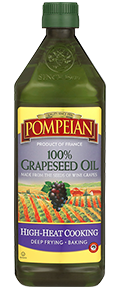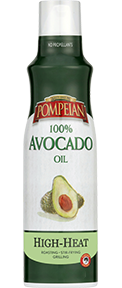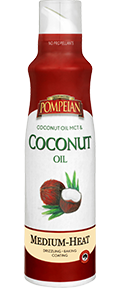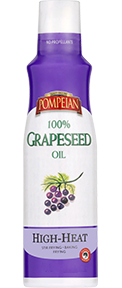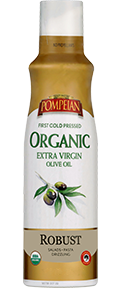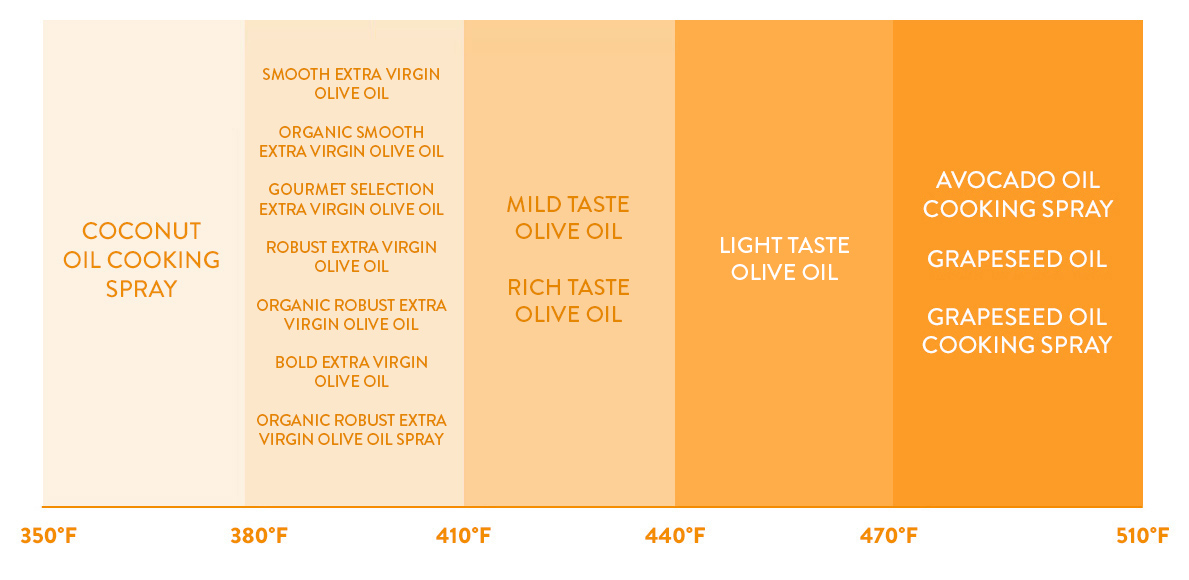Q: Is placing olive oil in your refrigerator overnight the best way to know that it’s extra virgin?
A: Well, some extra virgin oil will solidify, but that’s really not an indication of the quality and purity of the oil. Extra virgin olive oil might freeze due to traits of the actual olives, including the climate, harvesting time, location and latitude of the specific olive grove they were picked from.
In fact, both high- and low-quality olive oil can freeze when exposed to cold temperatures, so that’s really not the best way to judge the quality of your olive oil at all.
The most important takeaway here: Refrigerating EVOO will cause it to eventually lose its antioxidants and polyphenols. For that reason alone, we strongly recommend storing it in a cool, dark place (like a pantry) rather than your fridge.


